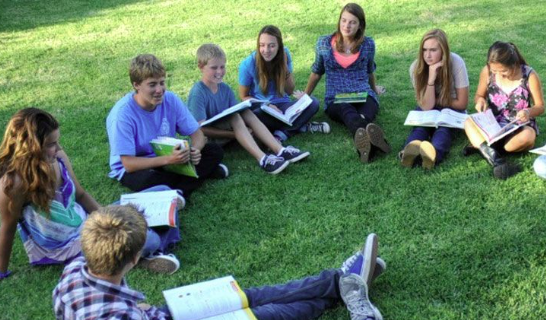Elective courses in high school play a vital role in student development, offering opportunities beyond the traditional academic subjects. These classes allow students to explore interests, discover new talents, and build skills that contribute to both personal and academic growth.
Unlike core subjects, electives give students the freedom to choose what they want to learn. Options may include music, art, drama, computer science, journalism, business, or foreign languages. This flexibility enables students to pursue passions and learn in a way that is engaging and meaningful to them. When students have a voice in shaping their educational journey, they often feel more connected to their school experience.
Participating in electives helps students develop important soft skills such as communication, creativity, critical thinking, and collaboration. For example, a student taking a theater class may improve their public speaking abilities, while one enrolled in a coding course learns logical reasoning and problem-solving. These transferable skills are essential not only in academics but also in everyday life and future workplaces.
Electives also serve as a foundation for career exploration. By taking courses in areas like culinary arts, health sciences, or digital media, students can gain early exposure to potential career paths. This hands-on experience helps inform future academic or professional decisions. Some high schools even partner with local businesses or community colleges to offer elective tracks that lead to industry certifications or dual credit opportunities.
Additionally, electives contribute to a well-rounded education. They offer balance to the academic schedule and can reduce student stress by providing a creative or practical outlet during the school day. Electives often foster a sense of accomplishment and motivation, helping students stay engaged in school overall. When students look forward to a class because it aligns with their interests, their overall attitude toward learning improves.
Electives can also promote social and emotional learning. Through group activities, performance opportunities, and peer collaboration, students build confidence, empathy, and resilience. These experiences contribute to a positive school climate and help students feel more connected to their peers and teachers.
Schools that offer a diverse range of electives give students the tools to explore who they are and what they want to become. These classes support not only skill development but also personal growth, confidence, and self-expression. In doing so, electives become a vital part of shaping well-rounded, future-ready individuals.
Recognizing the importance of electives is key to designing educational experiences that empower students. When schools prioritize a wide variety of learning options, they create environments where all students have the opportunity to thrive. Expanding access to high-quality electives ensures that education is inclusive, engaging, and reflective of the diverse interests and goals of today’s students.













